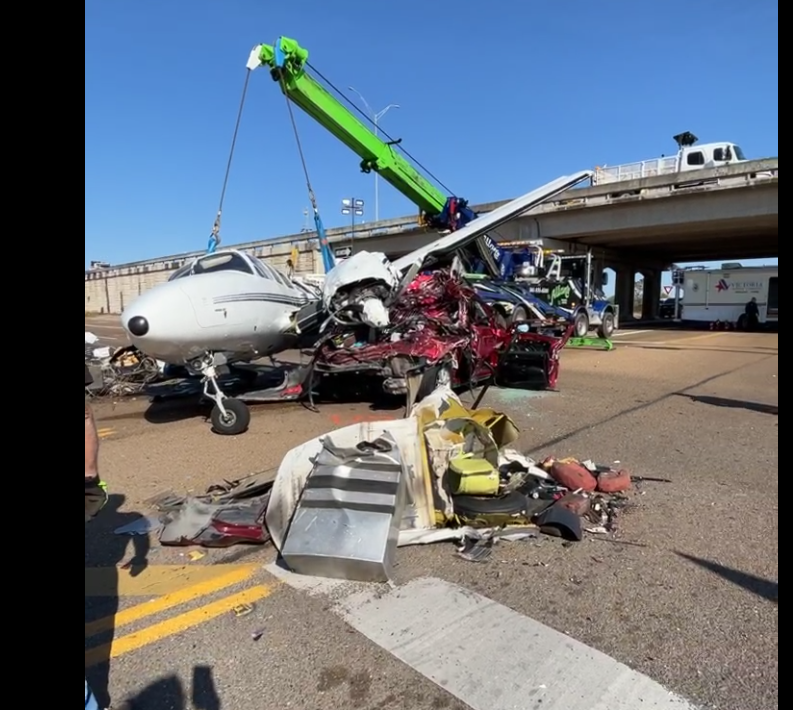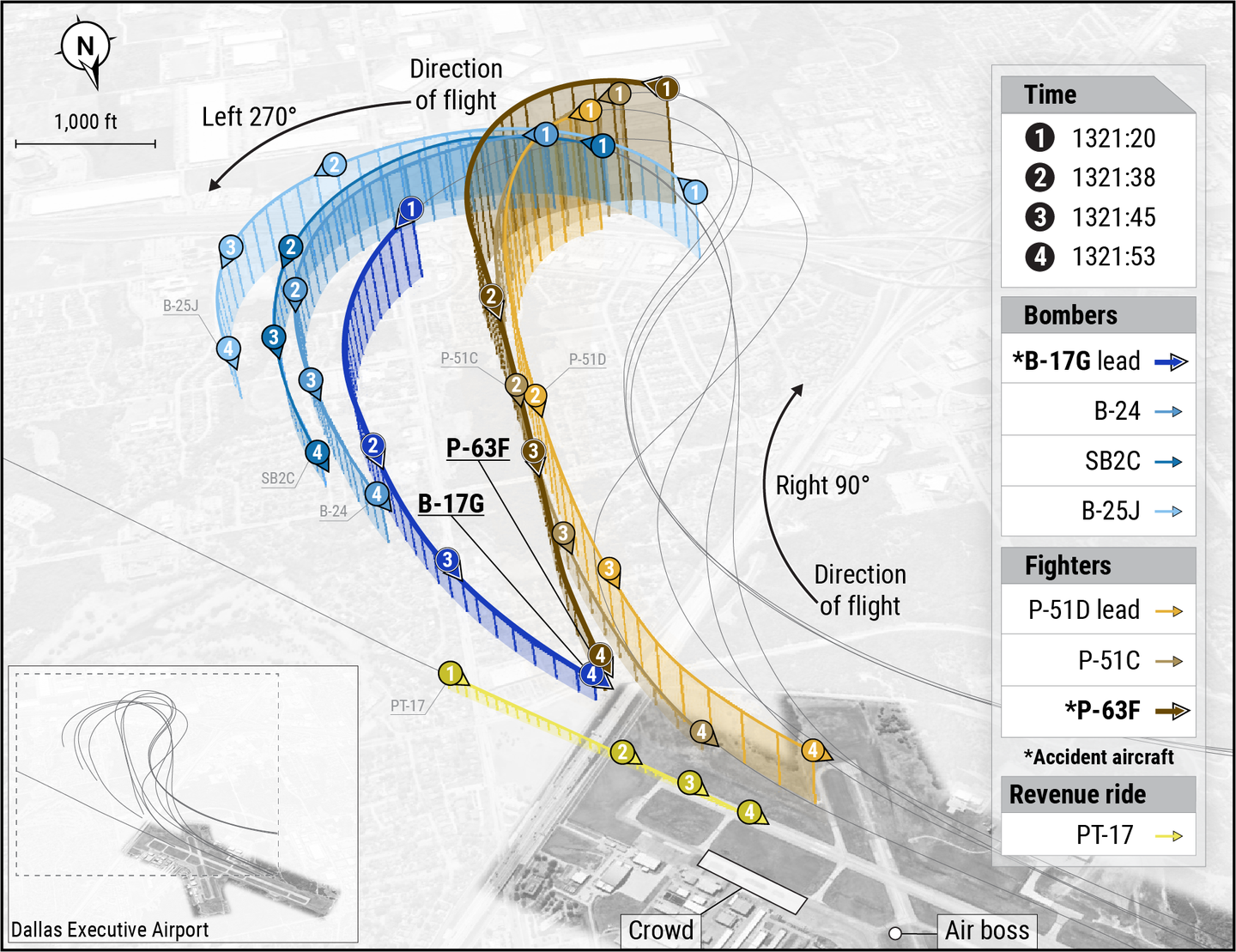Teaching By Ambush
Some instructors enjoy springing surprises on students just to watch them squirm. It’s torture, not teaching.
I had an instructor who had a teaching technique unlike any other instructor I've flown with. Let's call it teaching by ambush.
On this particular flight, we were in a non-pressurized twin, repositioning it to pick up our passengers. It was a cold morning, and I was a complete newbie to the multi-engine training. My instructor had no need for a copilot, and certainly not for a student, but the owner of the airplane felt it made passengers more comfortable if there were two people in the front.
I was in the left seat for the repositioning flight (free, loggable ME time). Shortly after takeoff, I could hear the dissonance of the engines going out of synch. I loudly asked, "What's that?" (I confess to having used more colorful language in posting the question.) "Identify! Dead foot dead engine." And thus, a flight lesson was commencing.
I was already well behind the cranial power curve. I had no idea what she was talking about. Like much of my training at that point, I was in the middle of a flight lesson that did not follow a lesson brief: What are we going to do, and how do we do it?
You can probably imagine the sequence of events that followed. She walked me through the process of confirming the failed engine, pulling back the throttle and mixture controls on that side, trimming to overcome the imbalanced thrust, etc. It was all SOP. Except, I had never read about MEL SOP.
This was to be a very short flight on a very cold morning. We had a minute or two to discuss what had gone wrong, and how we would attempt to correct it. She explained that I forgot to check something. Was the fuel turned off for one of the engines before we departed? Which engine? The one that failed? Why didn't I spot that before we departed? What should I do to attempt a restart?
And then, the show began. Fuel on. Mixture rich. Prop full. Power cracked. Primer. Starter. It didn't start. We had barely warmed it up before takeoff, and it sputtered to idle during our climbout. So, for the next 10 minutes, my lesson in multi-engine management transitioned into "What happens when you generate a true engine failure while teaching how to manage an engine failure?"
Eventually, she started the engine and I was free to "relax" for the pickup at a nearby airport. I was then demoted to the status of passenger, regardless of the unwitting respect I might receive from the folks in the rear seats.
As you may have deduced, the "lesson" here was that the "instructor" turned off the fuel to one of the engines, either on the takeoff roll or immediately thereafter. But I did, in truth, learn a lot about "how to teach flying" during this circus. This was not how.
What did I learn? I learned that an arrogant instructor has a serious personality flaw. I learned that there is no logic or practicality in a one-hour flight lesson, because that lesson may require more than an hour pre-brief. I learned that it is wrong to present a "surprise" flight lesson.
On the day of that flight, I was ambushed by my instructor, humiliated for not knowing what she assumed I knew, and frightened at the thought of flying a multi-engine piston airplane. This was not the only arrogant, wild-west instructor I would meet. Eventually, about three decades after this incident, I decided to get my CFI, and to focus on effectively communicating with my students. An example: When I teach aborted takeoffs, I explain that on this flight, I will be opening the door during your takeoff roll. You will need to decide whether to abort the takeoff, or continue and return for a landing. This airplane flies well with a door cracked. If you see that we don't have enough runway to stop, you will need to continue the takeoff. Do you get that?
On a future lesson, I might remind the student that he or she should always be prepared to abort a takeoff. Saying no more than that, I might unhinge it, and I might not. I might do it at a point where the takeoff must continue, and I might not. But there will be no flat-out ambush.






